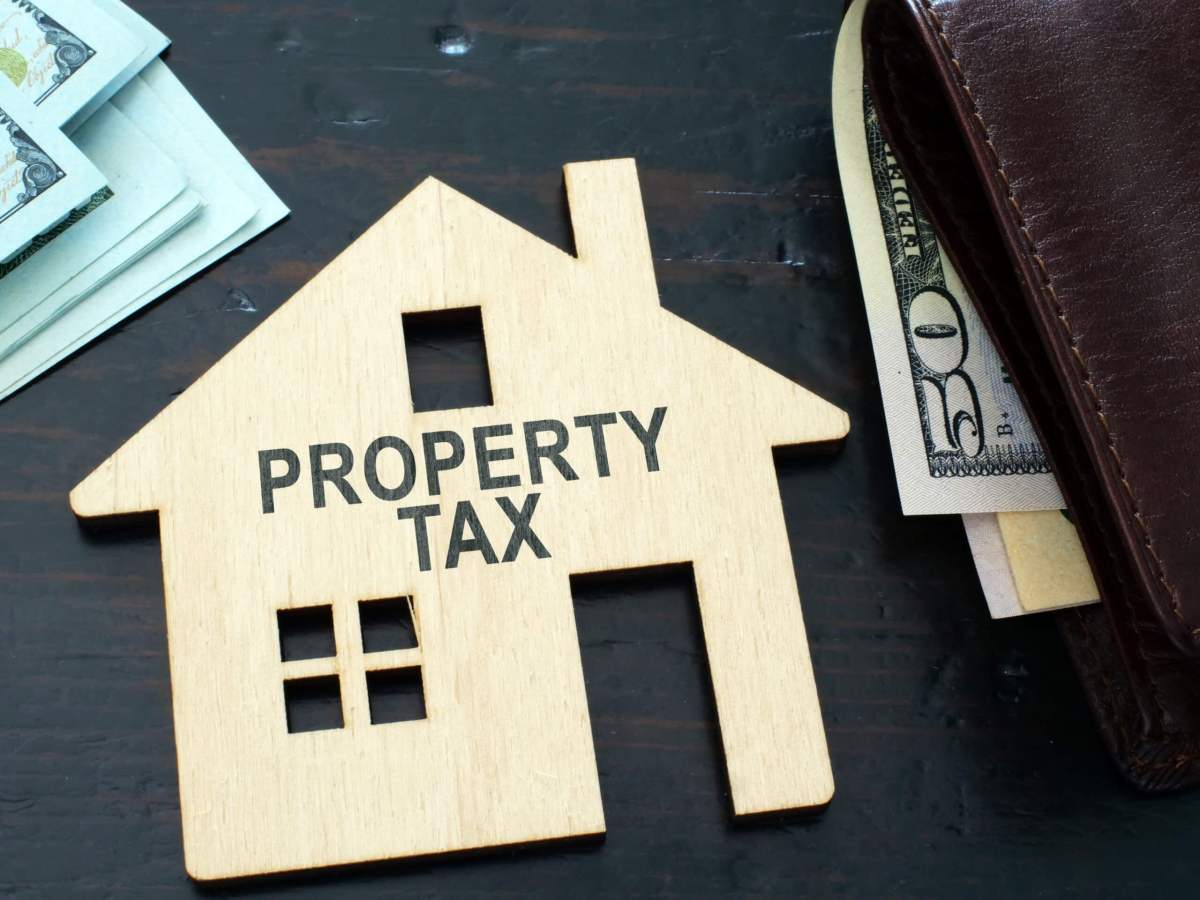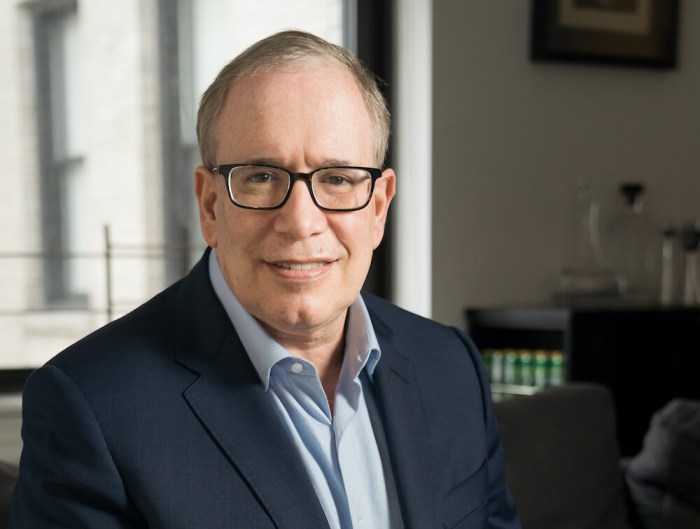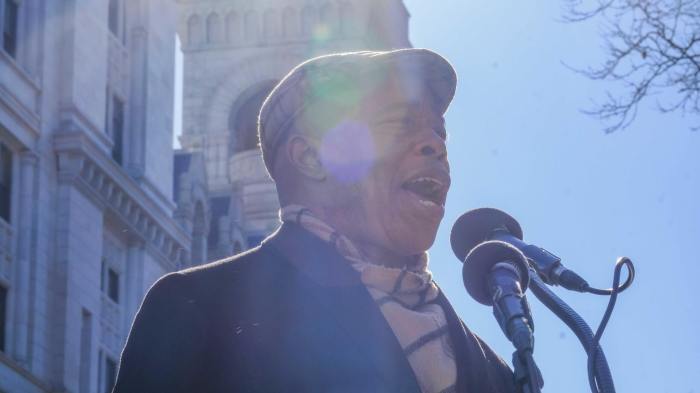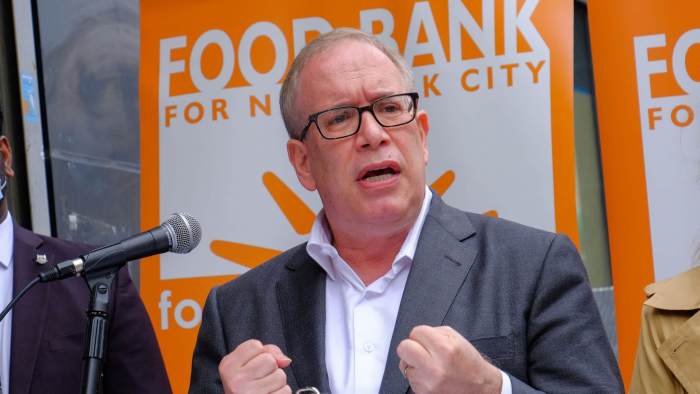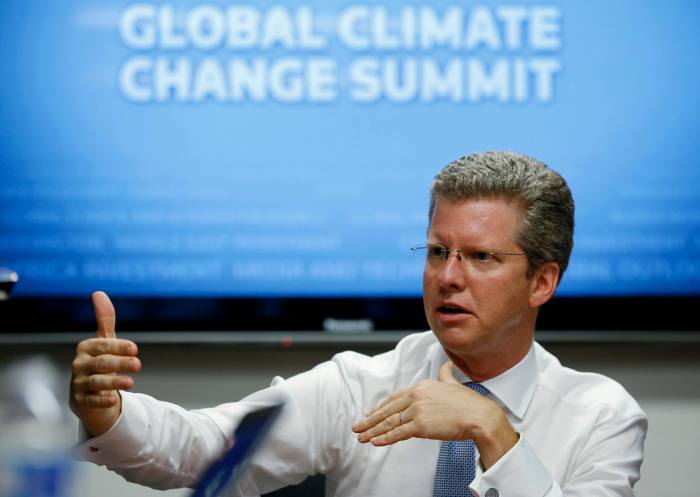First the good news. Delayed by delays and then shelved for a year due to the COVID pandemic, Mayor de Blasio’s long trumpeted Commission on Property Tax Reform is back!
The Commission recently announced it would resume holding virtual hearings in all five boroughs to make recommendations on how best to fix New York City’s inequitable property tax system.
The bad news is that our current mayor will no longer be in office to live up to his commitment by the time the Commission publishes its final report.
We started 2020 by finally making some progress on reforming New York City’s badly busted property tax system. Then COVID hit. Now, the dire need for this Commission and the urgency for it to complete its work has never been more clear.
City Hall must have a comprehensive plan to amend New York’s property tax system in a way that makes assessments more reflective of the real value of homes and less permissive of high-value properties in certain neighborhoods to pay a significantly undervalued share.
We have heard time and time again how the Mayor’s own properties in tony Park Slope are taxed at a far lower rate than most homes owned by middle-class New Yorkers in the outer reaches of the five boroughs. Enough talk. The unfairness is indisputable, blindingly stark, and it must be changed once and for all.
But there is hope. In fact, it may work to our benefit that the Commission’s plan will fall on the shoulders of New York City’s next mayor.
Bill de Blasio has not been effective in leveraging the powers and pulpit of the mayoralty against the powers that be in Albany. And now, as a lame duck, he will have even fewer chips to play. We hope that whoever becomes the 110th Mayor of the City of New York has the political capital to go toe to toe against the stagnation, waste, and special interests of the state capitol.
The state’s constitution will require de Blasio’s successor to travel up the Hudson – like 109 mayors who came before – and wrestle the best deal they can through the legislature. New Yorkers of all stripes – homeowners, tenants, renters and small landlords – should join us in demanding each candidate commit to supporting the tax commission’s recommendations.
Look, New Yorkers are squeezed. Google any metric, from income taxes to your electric bill, and you will find New York at or near the top of the list. Nobody is immune to the climbing costs of housing, healthcare, transportation, and other necessities.
And, out here in the exotic outer boroughs, homeowners are not the super-rich. They are public school teachers, firefighters, seniors on fixed incomes, retired city workers and hardworking families that are the second or third generation of their family to live in their childhood home. Property tax relief, not in the form of gimmicks or givebacks, but a real reform of the system, is one way which the next mayor can fight to keep our city truly affordable.
For the candidate willing to invest in a real property tax solution – or to even simply turn and address it – the payoff could be quite fruitful on Election Day. The property tax system impacts homeowners and renters, landlords and developers – virtually all of the city’s 8.5 million residents. 33% of New York households own their own homes and almost 100% of those are concerned about rising taxes.
Experts have proven that the New York City property tax system clearly discriminates against communities of color. There is near universal consensus among policy wonks across the spectrum that comprehensive residential property tax reform is long overdue. Yet, we have not seen any effort by any top-tier mayoral candidate to earn these voters’ support by discussing this problem and telling us what they’ll do about it if elected.
Property owners are one of the largest and most diverse blocs up for grabs in next month’s primaries. But this isn’t just about homeowners – it’s about renters, too! Unlike other cities, nearly two thirds of New Yorkers are renters, and most cannot afford to own their home.
In a city dominated by renters and challenged by insanely high and rising rents, renters often bear the brunt of this busted system because the significantly higher tax burden on rental properties is often passed on to the renters in the form of higher rents or cuts to repairs and building maintenance.
We ask all New Yorkers to remember to bring this issue up when they meet a candidate on the street or attend a town hall. Share this article on social media and tag your preferred candidate. Demand that they answer and commit to a public stance on property tax reform and how they plan to execute it.
City Council Member Justin Brannan (Democrat) represents the 43rd City Council District covering Brooklyn’s Bay Ridge, Dyker Heights, Bensonhurst and Bath Beach; and City Council Member Joe Borelli (Republican) represents the 51st City Council District covering Staten Island’s Annadale, Arden Heights, Bay Terrace, Charleston, Eltingville, Great Kills, Greenridge, Heartland Village, Huguenot, New Springville, Pleasant Plains, Prince’s Bay, Richmond Valley, Rossville, Tottenville and Woodrow.



